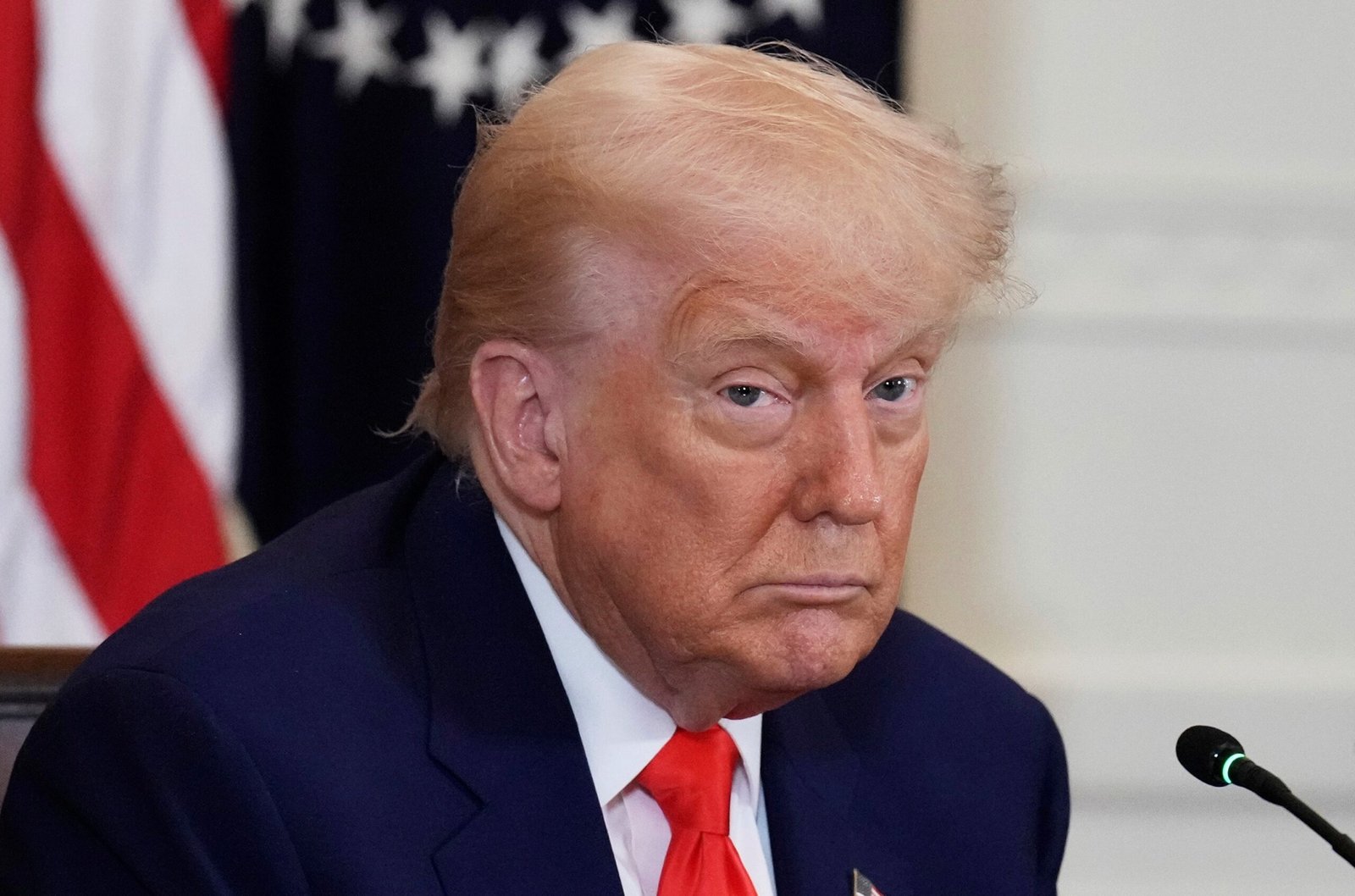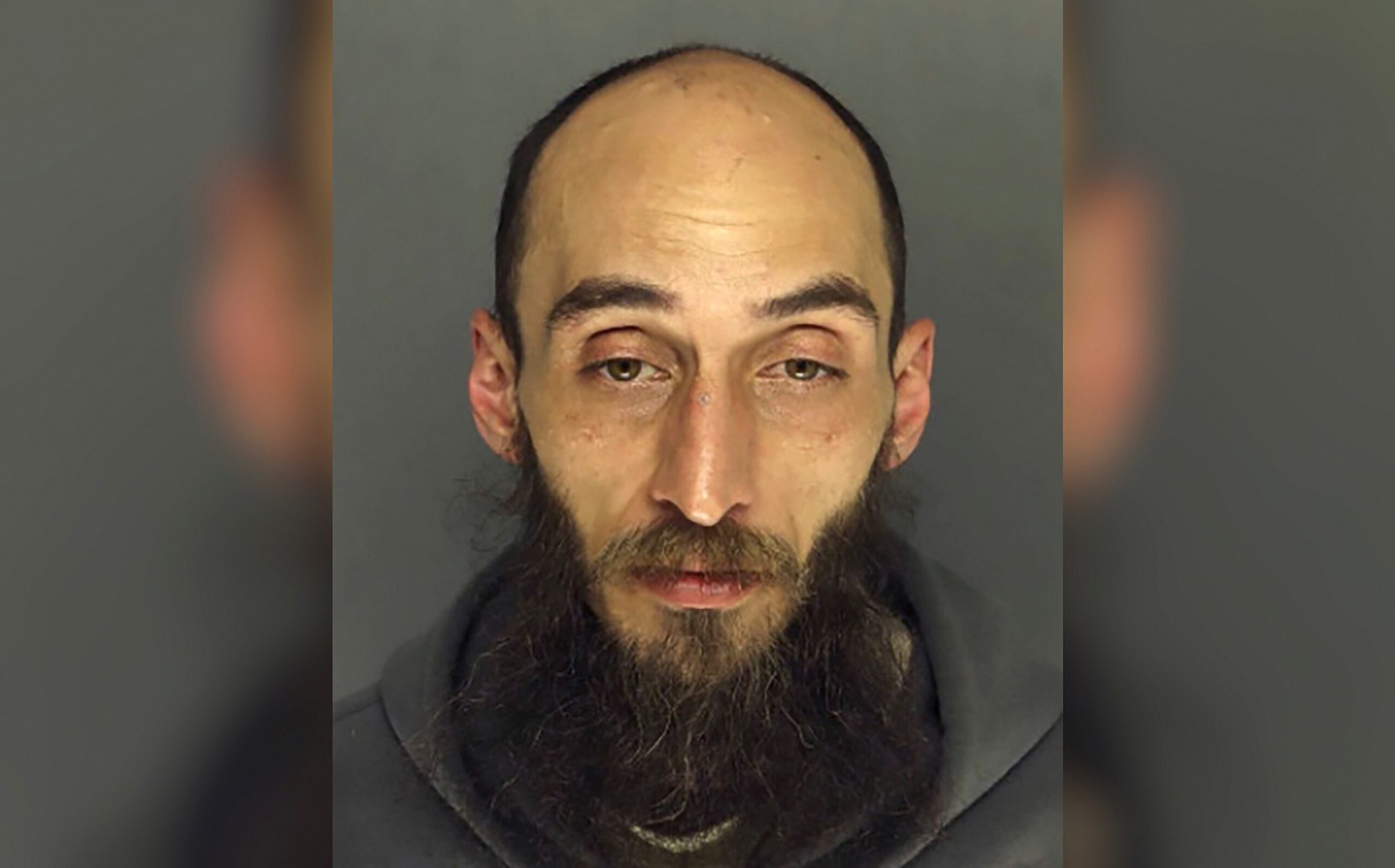The judge says that Trump has power to impose tariffs, but Patea demands different courts.

Donald Trump’s radical tariffs can survive a legal challenge, thanks in part to a Japanese zipper company that demanded the Nixon administration 50 years ago.
Earlier this week, a federal judge in Florida nominated by Donald Trump suggested that the president has the authority to impose unilaterally tariffs, based on his ruling on the precedent of a judicial case of the seventies, but it was not to issue an order that affirms the right of the President to impose radical rates.
In a large technical decision issued on Tuesday, the American judge T. Kent Wetherell II transferred one of the first demands that challenge Trump’s tariffs to a different federal court while weighing the legality of the controversial tariffs. Florida’s planning company, Emily Paper, sued for tariffs in April, asking Wetherell to invalidate them because Trump lacks the power to impose rates on himself.
According to the judge, the International Law of Emergency Economic Powers of 1977 gives Trump the authority to establish tariffs for reasons other than income. Wetherell wrote that Trump’s justification for rates, both derived from the flow of illicit drugs in the country and resolve a commercial imbalance, is sufficient to satisfy the terms established by Congress.
“This is a civil action initiated against the United States and ‘arises from’ a federal law, EEP[es] For … rates, “he wrote.” The defendants argue that yes; The plaintiffs argue that it does not. The court agrees with the defendants … “
The decision is, in the best case, a symbolic victory for the Trump administration, which defends half a dozen demands that challenge the legality of the recent tariffs of the “Day of Liberation”.
Judge Wetherell finally decided to transfer the case of a federal court in Florida to the International Trade Court in New York, which means that, despite his favorable vision of rates, he will not be the one who decides the case.

President Donald Trump attends a Make America Healthy Again commission event, in the East of the White House in Washington, on May 22, 2025.
Jacquelyn Martin/AP
But the decision marks the first time that a federal judge suggested that Trump’s imposition falls within his authority as president, offering a positive sign that the Trump administration can find a receptive hearing in the International Trade Court. During two hearings during the last week, the judges of the International Trade Court have fought with the same question about Trump’s authority.
The question is reduced to the interpretation of the law of the seventies that Trump used to impose his tariffs. IEEPA gives the President the right to “regulate” imports, but does not explicitly mention tariffs. The lawyers who challenge tariffs have argued that Trump’s interpretation on the law exceeds his authority by stepping on a topic controlled by Congress, but the Trump administration has indicated to a judicial decision related to the legal predecessor of the IEEPA, the trade with the enemy law of 1917, to guide the way.
When President Richard Nixon faced the economic crisis of the 1971 country with steep tariffs on Japanese assets, a Japan -based zip -headquarters company called Yoshida sued Nixon for tariffs.
The Customs Court and Patent Appeals, the predecessor of the International Trade Court, was put on the side of the Government and argued that the Twae granted the president to impose tariffs.
According to Wetherell, the same reasoning would apply 50 years later to IEEPA, which means that Trump has the power to impose rates without the help of Congress. “The reasoning in Yoshida is persuasive, and the court does not see any reason why it would not apply to IEEPA because IEEPA’s operational language is identical to the operational language in Twea,” the judge wrote.
Despite losing its legal battle, Yoshida remains in business today. Now operating under the name of YKK, produces more zippers than any other company in the world.







